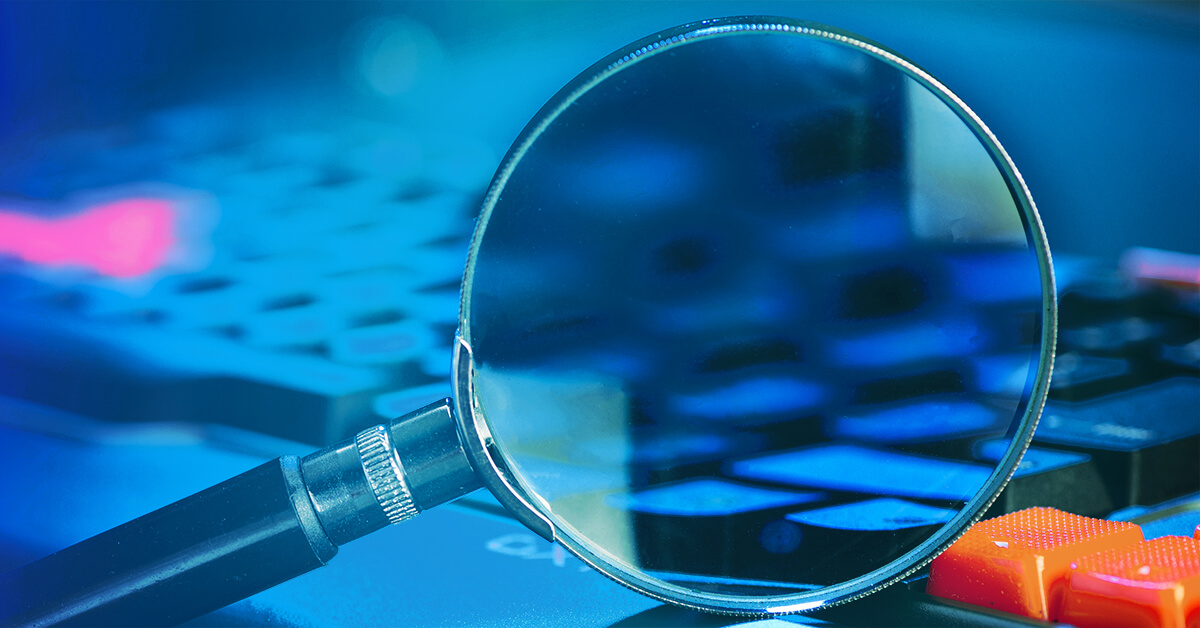For eDiscovery, You Need More Than a ‘Provider’
September 24, 2024
discovery document review best practices litigation
In more than a few law departments and law firms, there often arise questions like ‘When should we engage an eDiscovery provider?’ and ‘Is it truly important to have an eDiscovery provider-partner?’
Spoiler alert: the answers are ‘before you need one’ and ‘yes.’ Not only is it crucial to have an eDiscovery provider onboarded before litigation hits, it is also critical that an eDiscovery company does more than simply provide eDiscovery services. Optimal results come when they become a trusted partner and advisor.
The virtues of engaging an eDiscovery service provider before you need one in litigation are obvious. Less apparent is why you should select one with both deep eDiscovery expertise and extensive experience helping organisations before litigation occurs. The latter is of growing importance due to the relentlessly increasing challenges involved in managing the ever-expanding universe of digital data. You need to be confident at the outset that your eDiscovery partner has done more than keep up on new categories of data. That is simply table stakes. A provider must also know how to help an organisation keep up and make sure workflows and processes are secure and defensible and remain that way.
Consider the myriad issues that immediately surface in litigation: In what metadata and format should you request your productions? How much data should be collected? How can you reduce your review population, and should you use analytics or AI? How you address these issues is profoundly consequential in litigation. This means that the provider you select is just as important, helping you to determine the data to collect, how to triage and review material, and best practices for production – all in a defensible format.
Even before litigation occurs, selecting the right eDiscovery provider makes a considerable difference in ways that reflect the importance of the provider acting as a partner to, for example, advise you on an ESI protocol and collection. An experienced partner-provider will understand the intricacies of drafting and adopting an ESI protocol. It will also know how to ensure that the metadata and format you plan to request or intend to share will be compatible with the software, capture the potentially responsive universe, and do so without being overly burdensome. Moreover, that provider-partner can assist you and your end client in identifying the sorts of data that are in scope and supporting the collection process for obtaining the data. In a world of constant evolution in electronic data, expertise makes all the difference in ensuring that a law firm and its clients have targeted the data accurately.
It doesn’t end there. Your eDiscovery partner should also actively guide you on how to best leverage and exploit technology. This goes beyond what technology your partner has. Equally important is your partner’s ability – the right people with the right expertise – to utilise that technology for maximum impact. This includes the know-how to leverage a combination of structured and unstructured analytics, predictive coding, and AI. While it is possible to templatise workflows, this approach is not, and should not be, approached as a ‘one size fits all’ solution. It’s crucial that your partner’s team includes eDiscovery professionals who are experts at pivoting and customising a solution.
A customised approach is critical for more than just managing the review of your outgoing documents. It is also a difference-maker for managing your incoming documents. If your opposing counsel provides a data dump of millions of documents, provider-partner experts can configure the technology with customised workflows to classify, categorise, and organise the documents you received. Without bespoke solutions that quickly get rid of the irrelevant junk data, costs can balloon as a review stretches on. A tailored approach enables your legal team to swiftly identify and focus on the important, pivotal documents.
As for the two questions posed at the start of this post? Too often, law firms and their clients learn the answers the hard way, and after they most need that knowledge. To escape that fate, the time is now to begin partnering with an eDiscovery provider and building a relationship that ensures you (and, for law firms, your clients) have the resources you need in place well before you need them.
Back to Expertise

 Lindsay Chastain
Lindsay Chastain